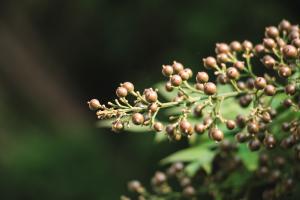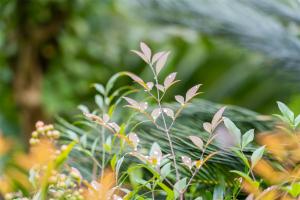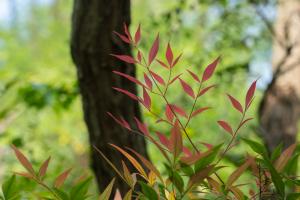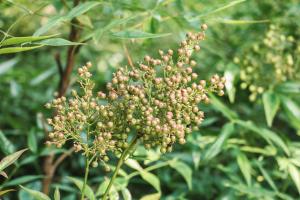Introduction to Bonsai:
To make Nantian bamboo bonsai, seedlings can be obtained by sowing, cutting and branching. You can also dig up old piles by the stream, and after 2 to 3 years of cultivation, you can put them in a basin for people to watch. Because the stems of Phyllostachys pubescens are not easy to be rolled (the branches are wound with metal wires to make them deformed), the modeling methods are mostly splicing and pruning
The principle of pruning Nantian bamboo is to have dense vegetables, scattered heights and clear layers. In case of relatively thick plants, you can also use a single plant to form a scene. The planting of Nantian bamboo is mostly carried out in the spring germination period, and it is best to use the loose, fertile, well drained and sandy soil rich in organic matter. The choice of basin for Nantian bamboo bonsai is medium deep or shallow, rectangular or oval
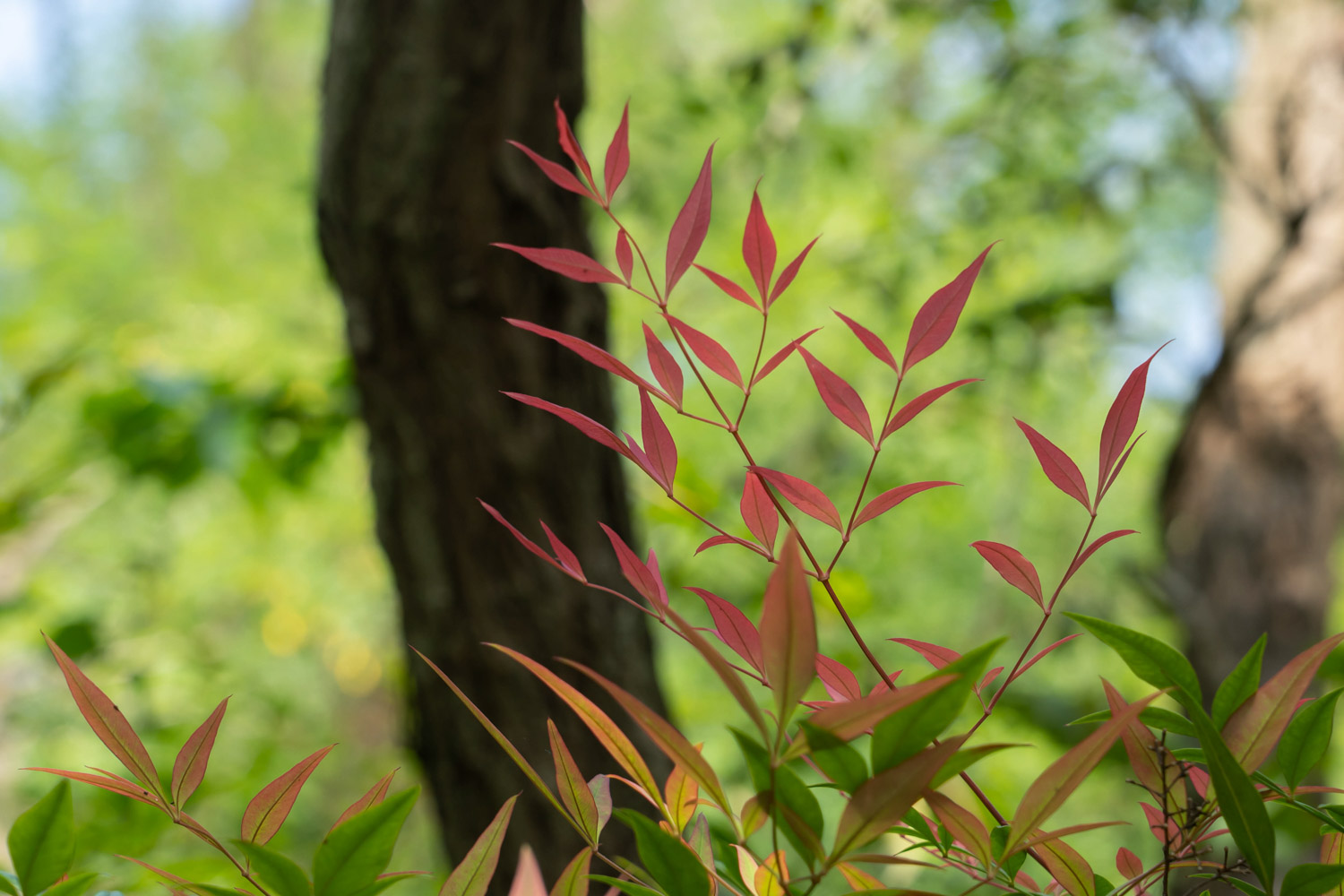
Bonsai making method:
Independent form
A plant with many branches requires the branches to be upright or generally upright, and three to four branches germinating at the root neck shall be selected for landscaping. One of them is a standing branch, which is required to be tall. A certain space should be left in front of the plant to give people a sense of freedom. This kind of potted landscape made of Nantian bamboo stands tall and upright like wild trees
Pile head type
Select the plants with several new branches at the root and neck of decaying pimples. Take one or two of them as the main branches placed in the center, and the rest as guest branches. The posture of guest branches can be straight or oblique. This kind of bonsai has green branches and leaves, which is like a dead tree in spring, conveying the idea of vigorous work
Image form
The key to the production of this kind of bonsai lies in the selection of materials. Generally, the roots and stems with the general outline of animals are found and pruned to make a pictographic bonsai like deer, monkeys, dogs and other animals
Stone matching type
Nantian bamboo is straight. If there is no twig in the middle and lower part (commonly known as off foot), it will appear empty and not full as a whole. A mountain stone can be equipped on the right side of the back to make up for the defect

 how many times do yo...
how many times do yo... how many planted tre...
how many planted tre... how many pine trees ...
how many pine trees ... how many pecan trees...
how many pecan trees... how many plants comp...
how many plants comp... how many plants can ...
how many plants can ... how many plants and ...
how many plants and ... how many pepper plan...
how many pepper plan...